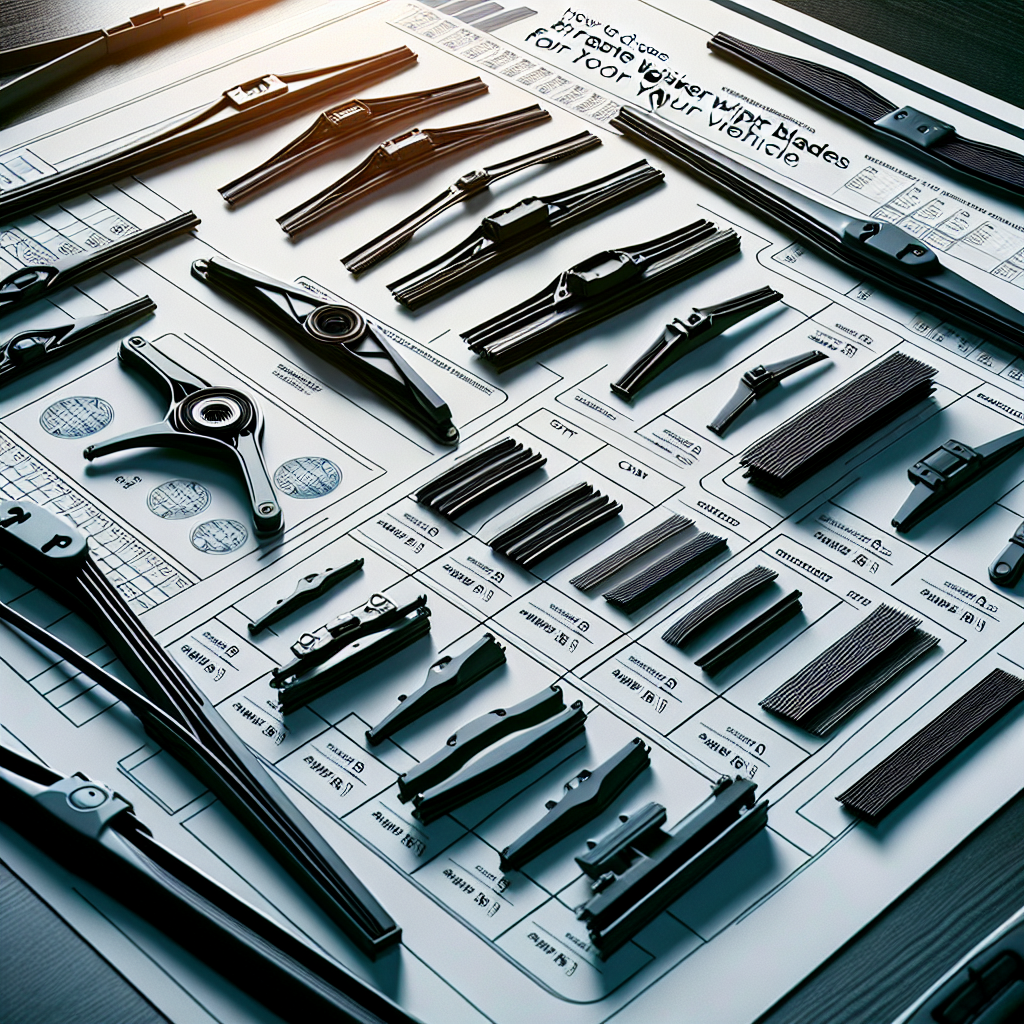In the ever-evolving automotive industry, technological innovations are driving significant advancements, enhancing the performance, safety, and efficiency of vehicles. For an online store like Missing Gear, understanding and keeping up with these innovations is crucial for both staying competitive and providing customers with the best products.
One of the most transformative innovations in recent years is the development of electric vehicles (EVs). With companies like Tesla pioneering the way, electric vehicles have become increasingly popular due to their environmental benefits and low long-term running costs. Additionally, major auto manufacturers are investing heavily in EV technology, with projections indicating that electric cars will occupy a significant portion of the automotive market in the near future. For instance, Ford’s introduction of the Mustang Mach-E and the resurgence of the General Motors Hummer as an electric vehicle signify the shift toward more sustainable transportation.
Another groundbreaking innovation is the advent of autonomous driving technology. Self-driving cars, once a futuristic concept, are now becoming a reality thanks to advances in artificial intelligence and sensor technology. These vehicles use a combination of GPS, radar, lidar, and computer vision to navigate and drive autonomously. Companies like Waymo, a subsidiary of Alphabet Inc., are conducting extensive testing of autonomous vehicles, promising a future where human drivers may no longer be necessary.
The integration of the Internet of Things (IoT) into automotive technology is also reshaping how we interact with our vehicles. IoT enables cars to connect with other devices, creating a cohesive network that improves driving safety and efficiency. Smart cars can now communicate with traffic signals, other cars, and even home automation systems, allowing for a more integrated and streamlined driving experience. For example, some vehicles can now automatically navigate to a location, avoiding traffic congestion through real-time data analysis and providing optimal routes.
Furthermore, innovations in materials science have led to the creation of lighter and stronger components. Modern vehicles now use advanced materials such as carbon fiber composites and high-strength aluminum alloys, which not only enhance performance by reducing weight but also improve fuel efficiency. This transition to lighter materials is crucial as stricter environmental regulations are pushing manufacturers to produce vehicles with lower emissions.
Moreover, the rise of advanced driver assistance systems (ADAS) has improved vehicle safety significantly. Features like automatic emergency braking, lane-keeping assist, adaptive cruise control, and blind-spot detection are becoming standard in many new vehicles. These systems use a combination of cameras, sensors, and radar to detect potential hazards and assist drivers in avoiding accidents. A study conducted by the Insurance Institute for Highway Safety (IIHS) found that vehicles equipped with ADAS technologies showed markedly lower crash rates compared to those without such systems, highlighting their importance in boosting road safety.
Finally, innovations in automotive infotainment and connectivity are enriching the driving and ownership experience. Modern cars are now equipped with sophisticated infotainment systems that offer a wide range of features like music streaming, navigation, hands-free calling, and voice commands. Apple CarPlay and Android Auto are two such systems that allow seamless integration with smartphones, providing a more immersive and user-friendly interface.
In conclusion, the automotive industry is undergoing rapid transformation driven by technological innovations. From electric vehicles and autonomous driving to IoT integration and advanced materials, these innovations are reshaping how we drive and interact with our vehicles. For auto parts retailers like Missing Gear, staying up-to-date with these advancements not only ensures that the latest and most efficient products are available but also builds trust with customers looking for cutting-edge solutions for their vehicles. To learn more about the future of driving and automotive technologies, visit this detailed report by McKinsey & Company, a global consulting firm renowned for its in-depth industry analyses.


